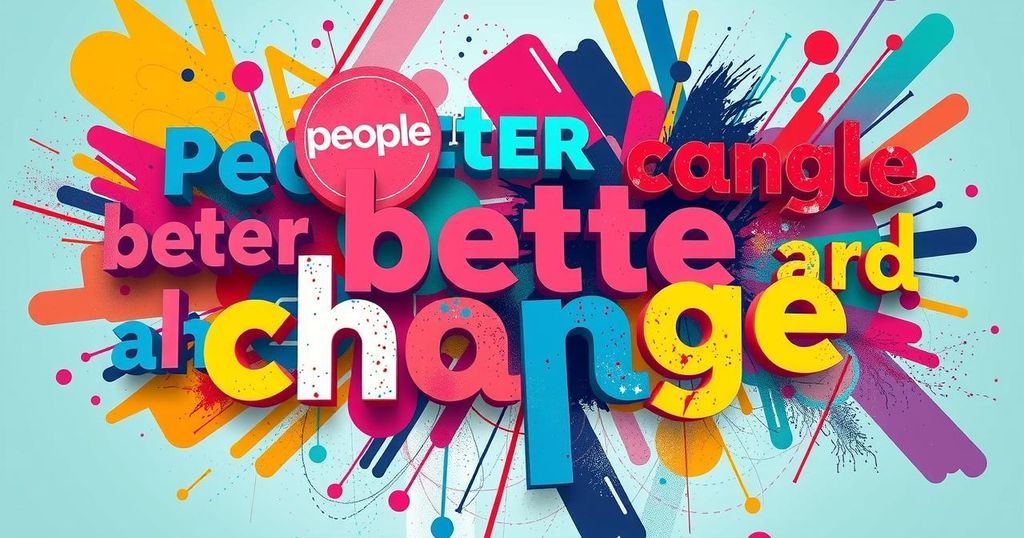The Secret Behind Crafting Winning Political Slogans

- Political slogans are essential for energizing voters during elections.
- Chris Bruni-Lowe claims to have found a formula for effective slogans.
- His analysis identifies eight resonant words that transcend political boundaries.
- ‘People’ is the most successful word based on historical campaigns.
- Bruni-Lowe warns that charisma and substance are crucial for a slogan to work.
- AI and neuroscience may change how political messages are crafted in the future.
Understanding the Essence of Political Slogans
The Perfect Political Slogan: Key to Campaign Success In the ever-evolving landscape of electoral politics, a powerful slogan can be the lifeblood of a campaign. There’s a certain magic to a one-liner that can galvanize entire electorates, energize voters, and even counter an opponent’s narrative. Some phrases, like Barack Obama’s inspirational “Yes, We Can,” manage not only to resonate during a campaign but linger in the national consciousness long after polls close; whereas others fade into obscurity almost instantly, often failing to capture the essence of the moment or the candidate’s message.
The Building Blocks of a Winning Slogan
According to political strategist Chris Bruni-Lowe, there’s a method behind the creation of a persuasive slogan. In his recent book, Eight Words That Changed The World, he notes an analysis of approximately 20,000 campaign messages from various countries has led him to identify eight key terms that seem to resonate among voters across the political spectrum. The words are simple yet powerful: people, better, democracy, new, time, strong, change, and together. Yet, he hastens to point out, these words alone do not guarantee electoral victory. If the candidate using them lacks charisma or their policies are unpopular, these words, no matter how well-chosen, will likely fall flat. It’s not enough to throw them together randomly; the arrangement must have meaning and connection.
In conclusion, while Bruni-Lowe’s findings shed light on the essential components of effective political slogans, the unpredictable nature of elections always looms. The need for resonance and authenticity remains paramount; slogans can only work their magic when backed by genuine leadership and relatable policies. As artificial intelligence and neuroscience increasingly infiltrate political messaging, it remains to be seen if catchy slogans will endure, or if a new age of communication will take over the electoral landscape.







